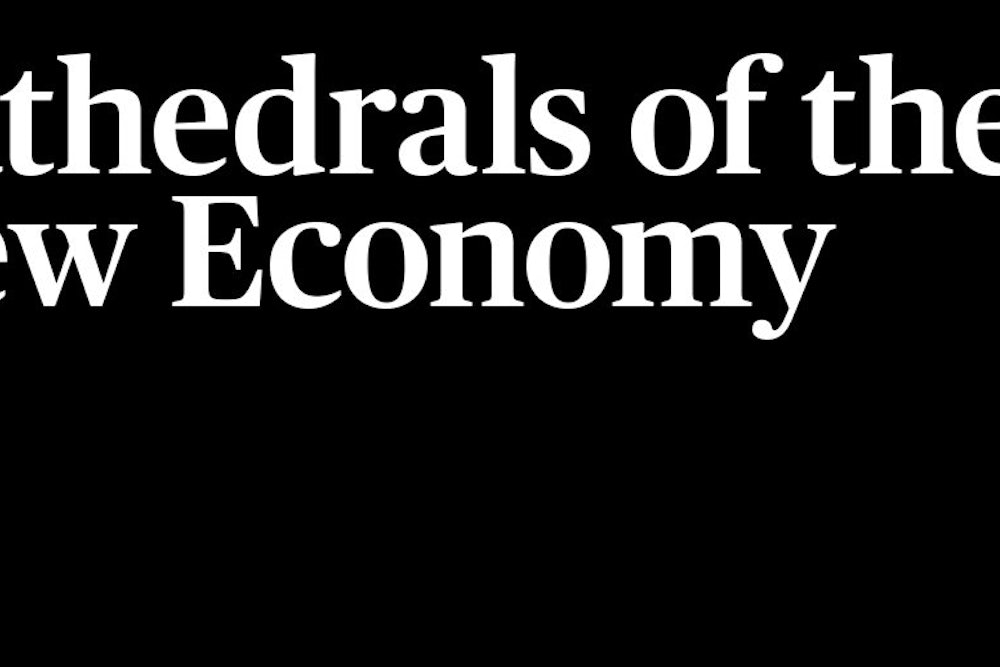It’s easy to forget that what we see on the Internet doesn’t just show up on our screens magically. It’s a representation of immense quantities of data that have to be physically stored somewhere, most often in gigantic, Super Walmart–sized warehouses with rows upon rows of servers. And the machines need to be kept below 80 or so degrees, lest they malfunction.
Facebook, which takes in some 2.45 billion pieces of user content each day, has good reason to control the costs associated with cooling these vast mausolea of embarrassing photographs of former lovers and quasi-acquaintances. Data centers require tremendous amounts of energy—“roughly 2 percent of all electricity used” in the United States in 2010, according to The New York Times—and owners often spend as much on powering servers as they do on cooling them (hundreds of millions of dollars in some cases).
Which helps explain why Facebook is building its newest data center in the northernmost county in Sweden, just south of the Arctic Circle. Local politicians and businessmen have renamed the area the Node Pole, and they’re trying to lure more data centers there by touting the region’s cheap hydroelectric power and natural cooling capacities. According to Facebook, the climate wasn’t its primary consideration—its outdoor-air cooling system works even in humid North Carolina summers—but the company did save money by not having to buy a backup air-conditioning system.
The Node Pole claims other advantages beyond the Arctic air: Sweden hasn’t been to war in two centuries, and it has a robust democracy, in addition to “minimal” risk of earthquakes. As companies scramble to control the cost of housing the world’s cat GIFs, it’s actually a pretty good pitch. Putting a data center in, say, Moldova might offer cheaper labor and real estate, but just one flare-up in Transnistria, and all of Europe’s Facebook walls might come tumbling down.
Willy Staley is a writer and editor in New York.
